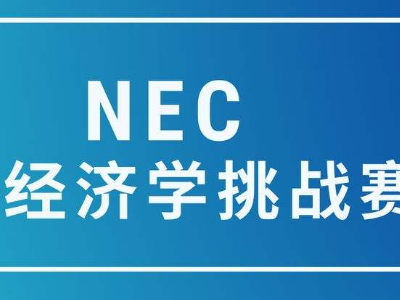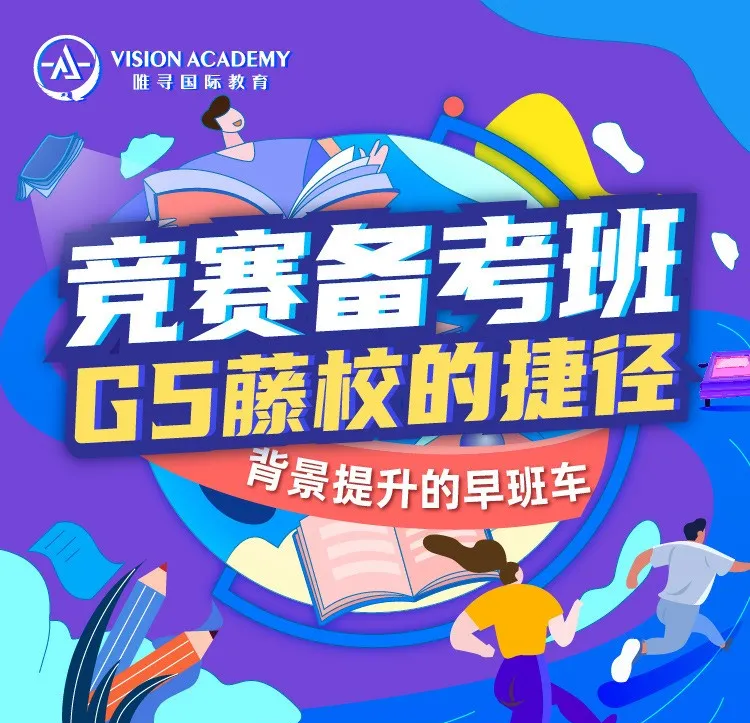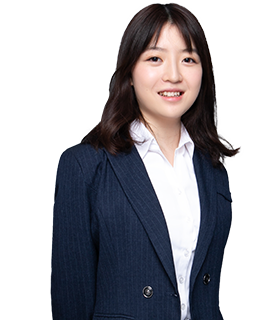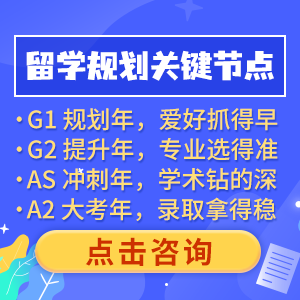即将进入新的一年,这也意味着给同学们复习竞赛的时间又大大缩短了,下面我们也给大家带来了一些2021NEC竞赛真题,同学们先来做做看吧!

1. According to Marxist theory, after the dictatorship of the proletariat and the withering away of the state have taken place, private property would
A. be returned to the rightful owners of the property before the revolution.
B. be controlled by a government elected by the workers' party.
C. serve as a taxable base to help the neediest in society.
D. provide incentives for central planners to use the property efficiently.
E. not exist; there would be communal ownership of property.
2. The theory of decreasing marginal utility (decreasing marginal value) implies that individuals will
A. spend less of their income on necessities as consumer incomes increase.
B. place the most value on the goods for which they are the lowest cost producers.
C. value the third hamburger they consume less than the second.
D. value the tenth hamburger they consume more than the ninth.
E. produce fewer products on the margin as more workers are hired.

3. According to the principle of the invisible hand,
A. everyone acting in his or her self interest leads to the best outcomes for society.
B. government must carefully guide economic activity to reach the best outcomes for society.
C. government policies work like an invisible handle on a safe to protect valuable resources.
D. producers must cooperate with each other so that low prices do not lead to negative profits.
E. when everyone intentionally pursues the best outcomes for society, they are guided to help the neediest people the most.
4. According to the Coase theorem,
A. government should charge value-added taxes on firms that produce public goods.
B. government spending should replace taxation to balance the federal budget.
C. coastal properties should be protected from development.
D. under certain conditions, semi-public goods such as libraries can be provided
efficiently by the government.
E. under certain conditions, bargaining between private parties can solve externality
problems.
5. "The government bailed out banks that were in financial trouble because they made risky loans to borrowers who could not repay the loans. Banks therefore had incentives to make more risky loans because they expected government bailouts if they got in financial trouble again." Which of the following best describes these statements?
A. adverse selection
B. symmetrical information
C. public choice
D. moral hazard
E. Herfindahl index
如果你不想落后于同龄人,早早为背景提升拿下满分开局,快报名咨询【竞赛复习班】,覆盖各国际课程主流竞赛,全知名大学导师阵容授课,让你的背景提升之旅快人一步。

点击
查看。











































 沪公网安备 31010502004453号
沪公网安备 31010502004453号





 成功提交后我们将尽快与您联系,请注意来电!
成功提交后我们将尽快与您联系,请注意来电!







 成功提交后我们将尽快与您联系,请注意来电!
成功提交后我们将尽快与您联系,请注意来电!


